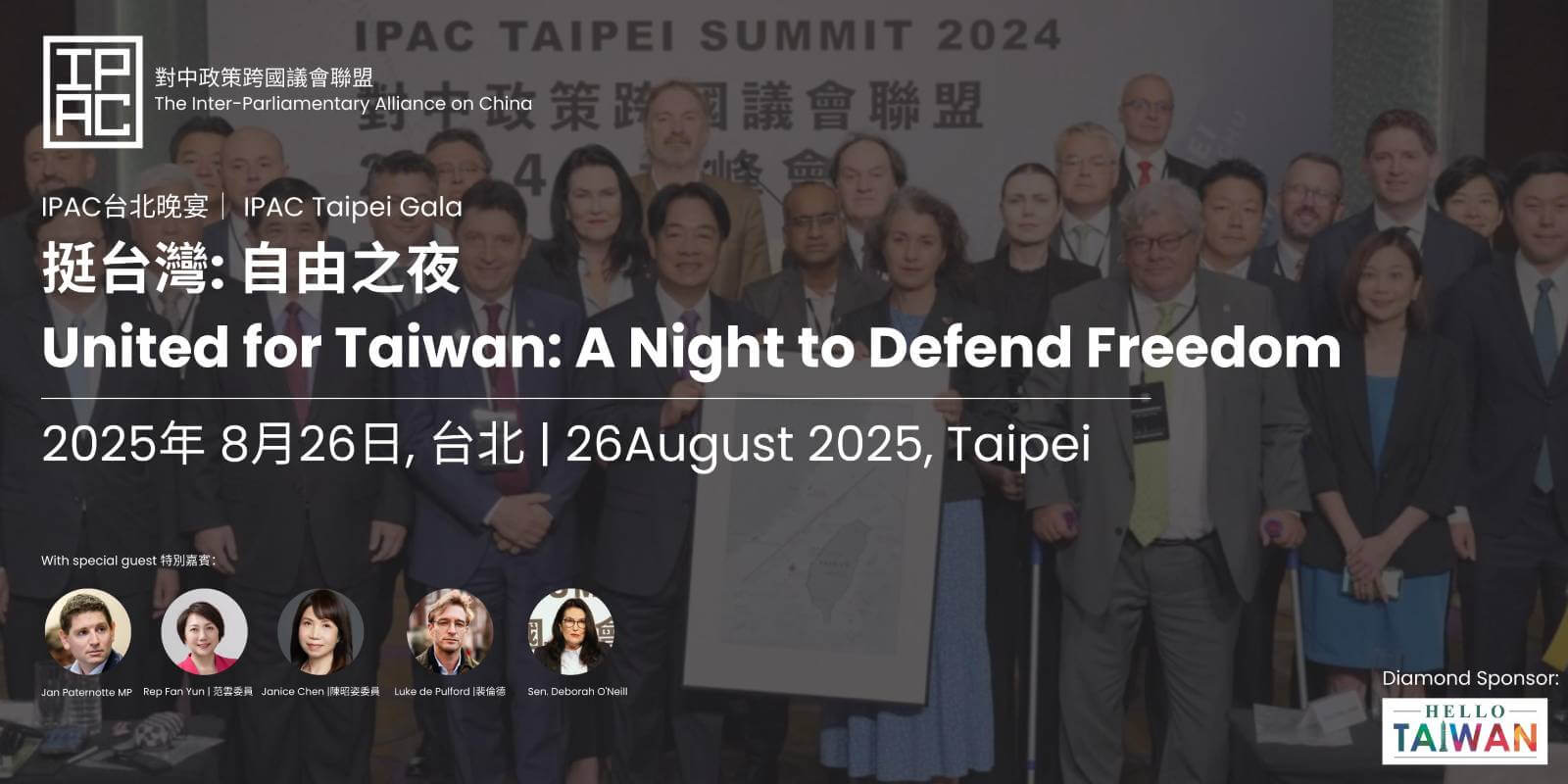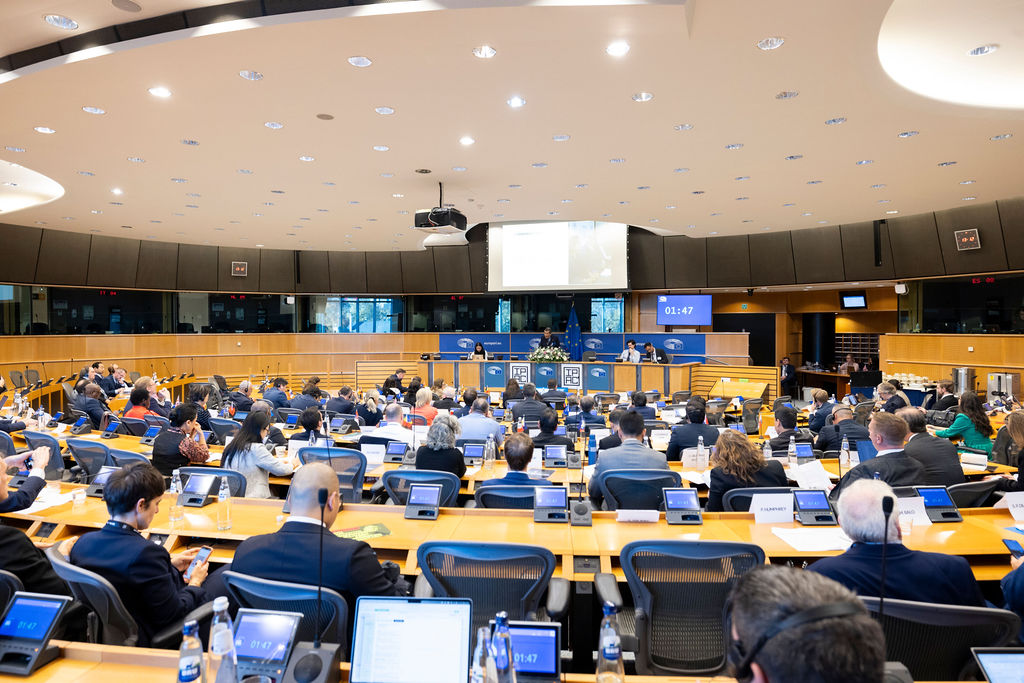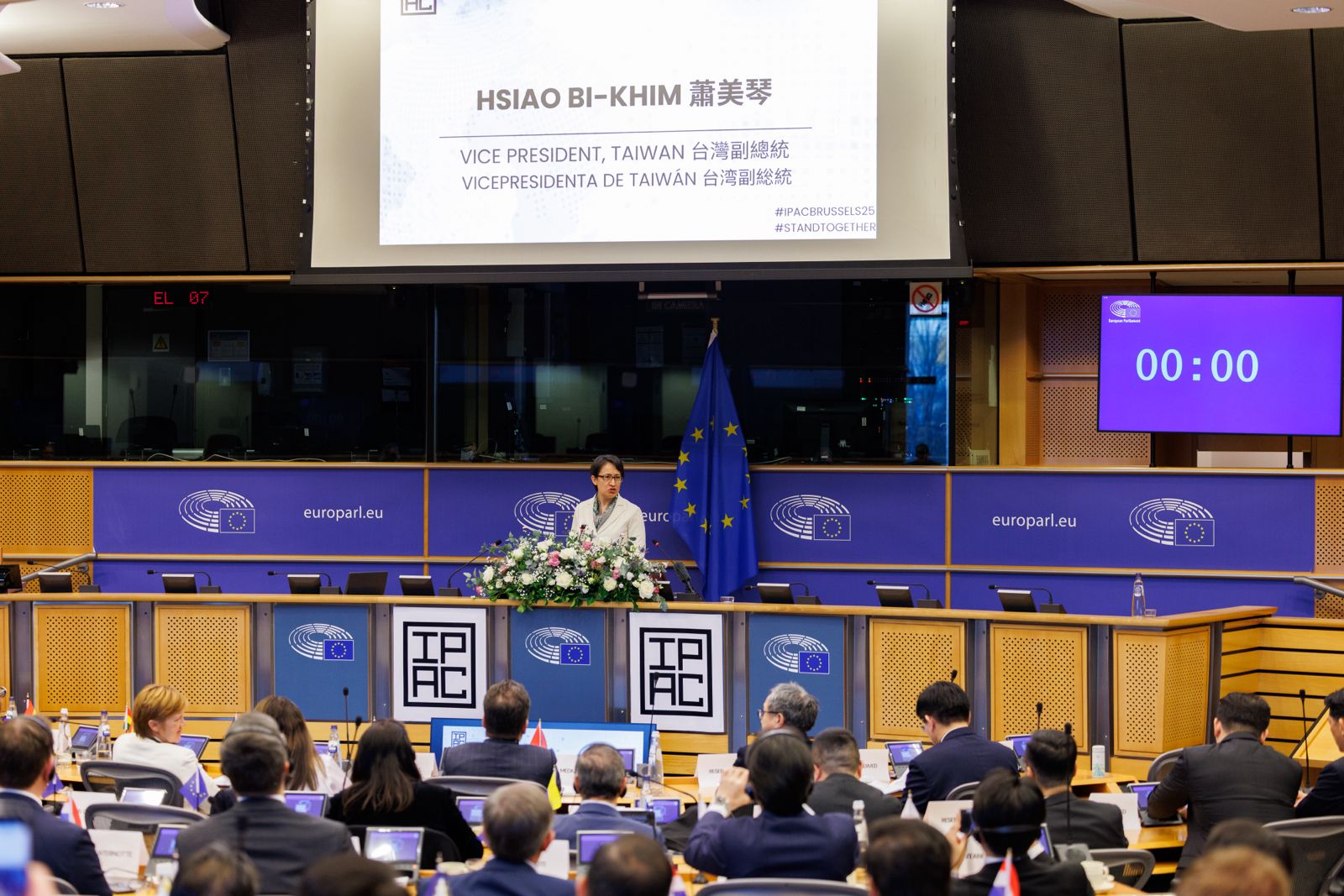
What We Do
關於我們
IPAC is a project for lawmakers, by lawmakers. IPAC unites lawmakers worldwide, promoting democracy and addressing threats to the rules-based and human rights systems posed by the rise of China.
Safeguarding the international rules based order
The People's Republic of China must be held to the standards of the international rules based order, which governs relations between states, and must be protected from distortion, together with the institutions tasked with its arbitration.
Upholding human rights
Relations between states and the PRC must give due prominence to universal human rights. Where economic opportunity and fundamental rights are in tension, it should not be resolved in favour of impunity or at the expense of our shared humanity.
Strengthening sovereignty
Democracies must develop complementary security strategies to address challenges presented by the PRC domestically. In addition, the PRC must not be permitted to compromise the sovereignty of institutions of any developed or emerging markets through lending, investment, or by any other means.
The Alliance
聯盟
A global alliance of lawmakers
45
Parliaments
308
Lawmakers
























.svg)
.svg)




.svg)















.png)
Featured campaigns
主要倡議活動
Re-framing the conversation on China
IPAC’s campaigns are designed to enable a coordinated response to challenges associated with Beijing’s recent behaviour.
Our Statement
使命與願景
A free, open, and rules-based international order that supports human dignity is created and maintained through intention. The persistence of such an order requires like-minded countries to participate actively in its maintenance, its governance and its enforcement.

The Numbers
成效
IPAC activities since June 2020
The IPAC network is active in Parliaments, framing the debate on China and pushing for policy change. Some activities from our alliance;
Parliamentary Interventions on China*
*Parliamentary intervention means: speech, tabled bill or amendment, tabled question (written or oral), or official committee action. These numbers are conservative and do not include the many policy changes occurring as a result of IPAC activity.
Bills / Amendments Tabled
Laws Changed
News
最新資訊
Keep up with the latest






.png)









